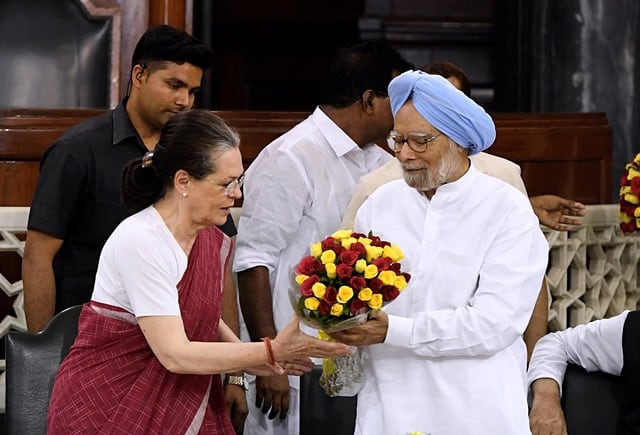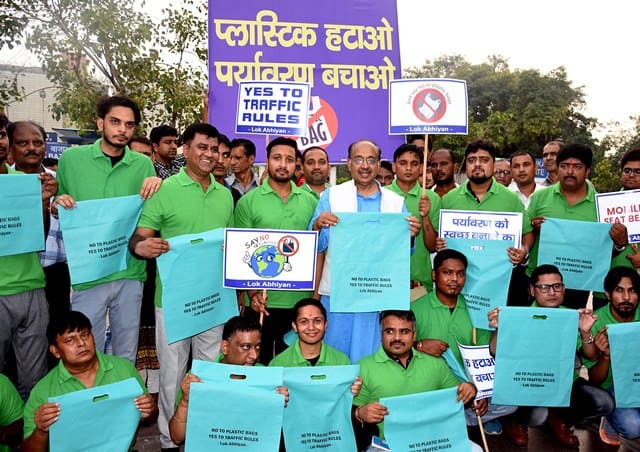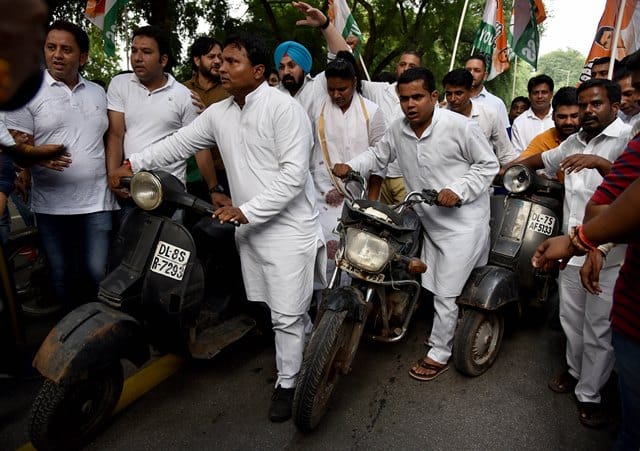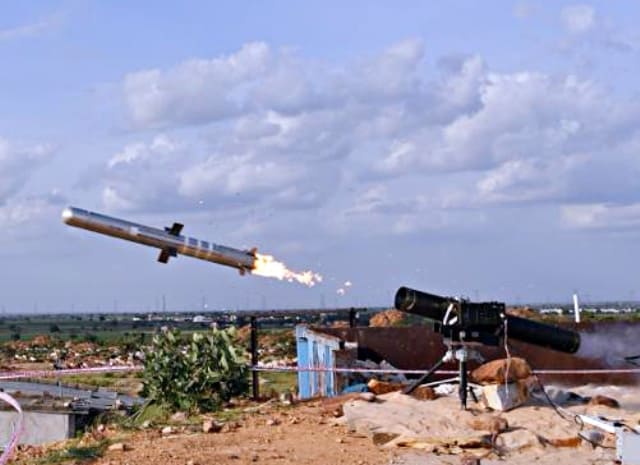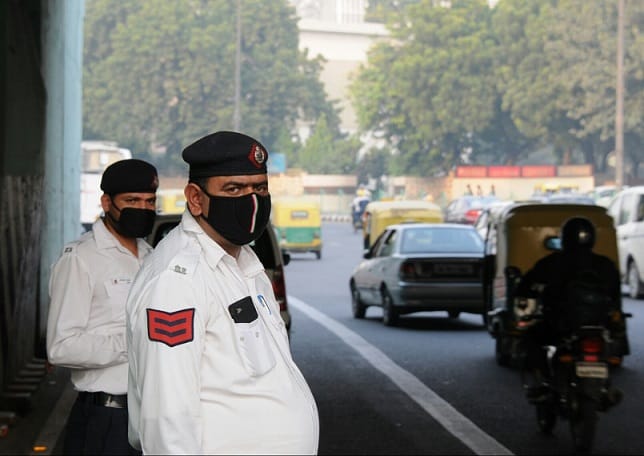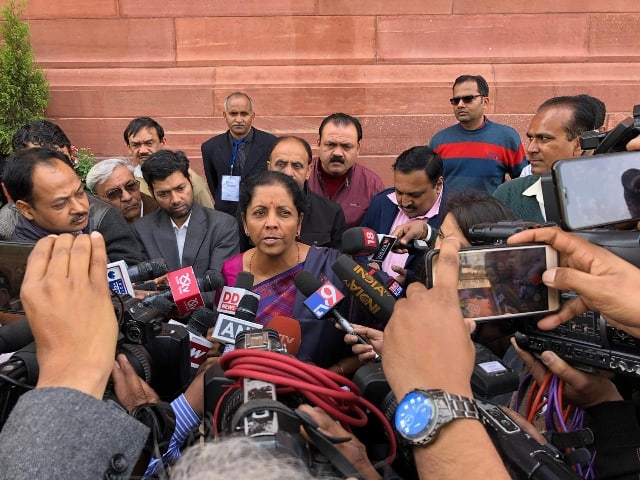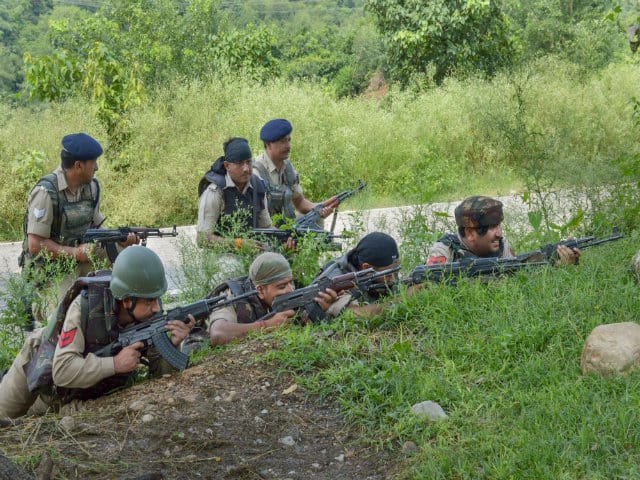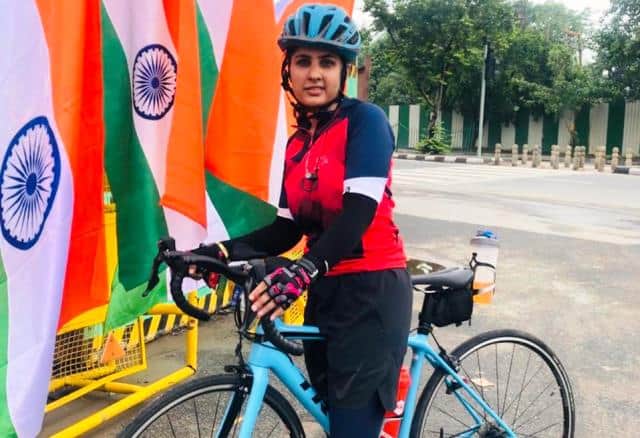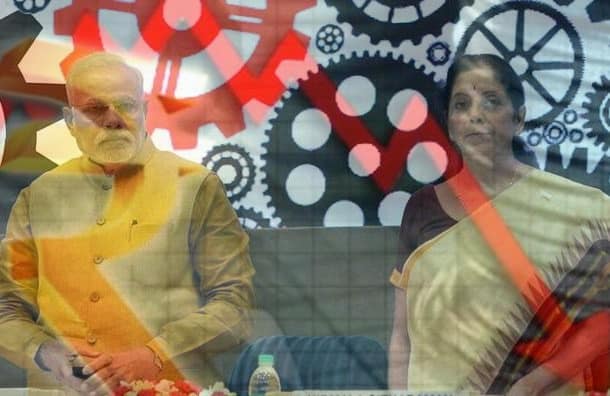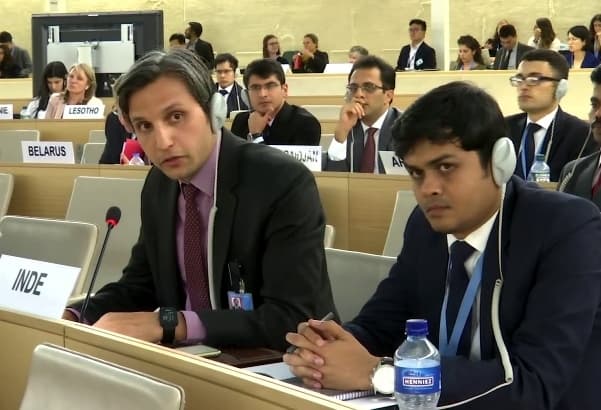India said on Tuesday that its legislative decisions on Jammu & Kashmir cut the ground from under Pakistan’s feet by creating obstacles in its sponsorship of cross-border terrorism and its gory human rights record speaks for itself.
In its right to reply following Pakistan Foreign Minister Shah Mehmood Qureshi’s allegations at the UN Human Rights Council meeting here, India said that it was “an ill-disguised effort to advance its territorial ambitions” and Islamabad forgets that terrorism is the worst form of human rights abuse.
Vimarsh Aryan, First Secretary in the Ministry of External Affairs, said he had been forced to take the floor to call out the “blatant is representation of facts and false narrative peddled by Pakistan in all its statements today.”
“This is an ill-disguised effort to advance its territorial ambitions. We reject this propaganda. We are not surprised at Pakistan’s hysterical statements with false, fabricated narratives aimed to politicise and polarize this forum,” he said.
He said Jammu and Kashmir has been, is and shall continue to be an integral part of India and Pakistan’s nefarious designs will never succeed.
” It defies credibility that Pakistan, which is the epicentre of global terrorism is claiming to speak on behalf of unnamed countries on the issue of human rights. It forgets that terrorism is the worst form of human rights abuse,” he said.
He referred to call for ‘Jihad’ and to encourage violence both inside Jammu and Kashmir and in third countries.
Aryan said the rhetoric will not distract international attention from Pakistan’s persecution and elimination of religious and ethnic minorities – be it the Christians, Sikhs, Shias, Ahmadiyas and Hindus.
He said the Article 370 was a temporary provision of the Indian Constitution and the recent modification was “within our sovereign right and entirely an internal matter of India.”
The decision, he said, removes “impediments to the enjoyment of civil, political, social, economic and cultural rights of our citizens in Jammu and Kashmir and Ladakh,” especially those dealing with women, children and disadvantaged sections of our society in that region.
“Pakistan realises that our recent decision cuts the very ground from under its feet by creating obstacles in its continuing sponsorship of cross border terrorism against India,” he said.
“In this desperate mind-frame, some Pakistan leaders have even gone as far as to call for ‘Jihad’ and to encourage violence both inside Jammu and Kashmir and in third countries, in order to paint a picture of ‘genocide’ which even they know is far from reality,” he added.
Aryan said Pakistan has pretended to speak as the voice of the global community on human rights but the world cannot be fooled.
“Pakistan’s gory record speaks for itself. This rhetoric will not distract international attention from Pakistan’s persecution and elimination of religious and ethnic minorities – be it the Christians, Sikhs, Shias, Ahmadiyas, and Hindus. This is the reason that Pakistan no longer publishes official statistics about its minorities as India does,” he said.
Aryan said that blatant abuse of blasphemy laws in Pakistan to persecute minorities was well documented and referred to forced conversion and marriage of a minor Sikh girl Jagjit Kaur.
“Aasia Bibi, the Christian woman was incarcerated for years. So was Abdul Shakoor, the 82-year old Ahmadiya, under Anti-Terrorism Act for selling books. The recent case of abduction, forced conversion, and marriage of a minor Sikh girl Jagjit Kaur, exemplifies the state of women, especially from the minority communities in Pakistan. And today, in this Council Pakistan has the audacity to tell others about human rights that it so egregiously violates again and again,” he said.
Aryan said the people of India were determined to preserve the territorial integrity.
“Pakistan’s nefarious designs will never succeed because the people of India are united in their determination to preserve our territorial integrity along with our core values of democracy, tolerance, and unity in diversity. Jammu and Kashmir and Ladakh will continue to progress and prosper along with the rest of India,” he said.
Qureshi had claimed earlier in the day that India has transformed Jammu and Kashmir into a largest “caged prison on this planet” after the abrogation of Article 370 and that the human rights were being “trampled with impunity” there.
Earlier in its country statement, India had rejected Qureshi’s allegations and hit back saying a “fabricated narrative” on Jammu and Kashmir has come from “the epicentre of global terrorism” and from a nation, which conducts cross-border terrorism as a form of ‘alternate diplomacy.
Vijay Thakur Singh, Secretary (East) in External Affairs Ministry, made the national statement during the general debate at the UNHRC session and strongly defended the government’s decision to abrogate Article 370 and reorganise Jammu and Kashmir, saying that legislative decisions on Jammu and Kashmir were “sovereign” and “entirely internal to India.”
(ANI)
]]>
